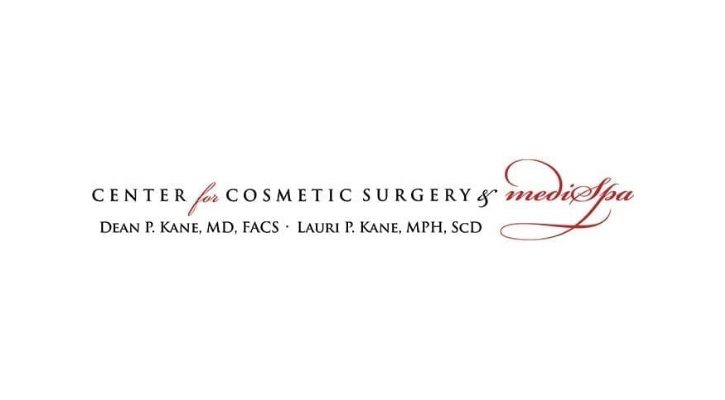 Q. How can I minimize recovery time – particularly redness of scarring after a facelift? I’m booked for a facelift in December and want to know how to maximize my chances of a quick and invisible healing. I’m back at work two weeks and two days later… I’m having face, neck and brow lift and neck lips. (Just writing that makes me feel queasy!!) What do I do, plan, and/or buy to make this easiest?
A. Thanks for this post! Healing is misunderstood by both patients and physicians. You have many opportunities to optimize your healing but there are many factors that one cannot control. Bruising and swelling are a given following any injectable or surgical procedure.
In your case, the magnitude of the surgery will add to the expected bruising and swelling. Do not expect a “quick and invisible improvement in 2 weeks. My patients are counseled that swelling will reduce 70 to 80% in 3 weeks and bruising may take 3 weeks or more to resolve.
From a homeopathic approach we highly recommend that our patients eat fresh pineapple several days before their procedures, the day of and following. The Bromelain in fresh pineapple has been shown to have great anti-inflammatory properties that helps to reduce the bruising of the face and neck. In addition we recommend arnica montana in pill form and gel form the day of the procedure and the following days.
The coordinated dynamic process of healing takes a full year or more to complete and is dependent on genes, environment, health, diet, stress / rest and other factors. Obviously, patients do not / cannot wait this long to return to increasing exertion, stress and activities but must be aware there are things which slow or optimize healing but very few which shorten the healing cycles. I feel strongly that without a good diet high in protein, vitamins, minerals and anti-oxidants, the recovery periods will be prolonged and healing delayed. Gaining weight following a procedure creates a pro-inflammatory effect which prolongs swelling and lumpiness.
Prior to surgery, the following can be helpful:
Q. How can I minimize recovery time – particularly redness of scarring after a facelift? I’m booked for a facelift in December and want to know how to maximize my chances of a quick and invisible healing. I’m back at work two weeks and two days later… I’m having face, neck and brow lift and neck lips. (Just writing that makes me feel queasy!!) What do I do, plan, and/or buy to make this easiest?
A. Thanks for this post! Healing is misunderstood by both patients and physicians. You have many opportunities to optimize your healing but there are many factors that one cannot control. Bruising and swelling are a given following any injectable or surgical procedure.
In your case, the magnitude of the surgery will add to the expected bruising and swelling. Do not expect a “quick and invisible improvement in 2 weeks. My patients are counseled that swelling will reduce 70 to 80% in 3 weeks and bruising may take 3 weeks or more to resolve.
From a homeopathic approach we highly recommend that our patients eat fresh pineapple several days before their procedures, the day of and following. The Bromelain in fresh pineapple has been shown to have great anti-inflammatory properties that helps to reduce the bruising of the face and neck. In addition we recommend arnica montana in pill form and gel form the day of the procedure and the following days.
The coordinated dynamic process of healing takes a full year or more to complete and is dependent on genes, environment, health, diet, stress / rest and other factors. Obviously, patients do not / cannot wait this long to return to increasing exertion, stress and activities but must be aware there are things which slow or optimize healing but very few which shorten the healing cycles. I feel strongly that without a good diet high in protein, vitamins, minerals and anti-oxidants, the recovery periods will be prolonged and healing delayed. Gaining weight following a procedure creates a pro-inflammatory effect which prolongs swelling and lumpiness.
Prior to surgery, the following can be helpful:
- hydration,
- stress reduction,
- moderate exercise,
- lack of sun, weather and UV injury,
- pre-operative retinoids and pigmentation control
- excellent nutrition (as above),
- elevation,
- cool compresses,
- gentle massage,
- hydration,
- continued nutrition,
- slow but steady increase in activities,
- preventive measures to reduce further swelling or injury,
- camouflage make-up
- return to retinoids and pigmentation control,
- sun-block
- lymphatic massage,
- alternating warm and cool compresses,
- various options in lasers and IPL



